
Radar | Dec 12,2020
Mar 28 , 2020
By ELIAS TEGEGNE ( FORTUNE STAFF WRITER )
The government has started the process of distributing 971.4 million Br worth of trachoma medications that can treat over 14 million people.
Ethiopian Pharmaceuticals Supply Agency (EPSA) started the distribution of Azithromycin suspension, Azithromycin tablet and Tetracyclineeye ointment, all manufactured in the United States, to treat individuals from diseases related to visual impairment and blindness.
These pharmaceuticals will be distributed to 82 districts in Amhara, Oromia, Tigray and Southern Nations, Nationalities, & Peoples' regional states. The medicines will be dispersed with the mass drug administration campaign [an approach to deliver medications to people in at-risk communities once or twice a year] set to begin in April. The Agency has already started allocating the medicines to warehouses in the districts.
The trachoma medicines are allotted to districts based on the prevalence of trachoma. If trachomatous follicular (TF) prevalence is less than five percent, there is no need for the campaign. If the prevalence is above five percent in children who are three to five years, the campaign is recommended once a year.
The latest initiative is the second round community-based mass drug administration campaign implemented by the Agency, according to Daniel Teferi, a supply chain technical advisor at the Agency.
"Besides, to limit destitution brought by visual impairment," said Daniel, "it is essential to support families in different parts of the country."
About 70 million people live in trachoma endemic areas in Ethiopia, which is 44pc of the global burden of active trachoma, according to an issue of the World Health Organization's (WHO) Weekly Epidemiological Record in 2017.
Previously, the Agency distributed 1.7 billion Br worth of pharmaceuticals to treat over 24.6 million people for trachoma in a campaign conducted from October 2019 to November 2019. The pharmaceuticals were given out to districts in Afar, Benishangul, Gambella and Somali regions.
All trachoma medicine from the first round were distributed to intended districts through mass drug administration cascaded to each area of the regional states, according to the technical advisor.
In the two rounds of campaigns, a total of 2.7 billion Br worth of trachoma pharmaceuticals that can treat over 36.3 million people will be distributed.
The medicines are donated by Pfizer, an American multinational pharmaceutical corporation that has public benefit programmes that advance medical care by improving access to medicine, and the Ministry of Health and other partners, which will also carry out the campaign.
Azithromycin powder for oral suspension and tables donated by Pfizer were imported through the International Trachoma Initiative. Ministry of Health RTI International, Orbis, the Carter Centre, Amref, Fred Hollows Foundation, Light for the World, Menschen fiir Menschen and other donors donated the Tetracycline eye ointment.
The Agency allocated the pharmaceuticals based on quantified population size identified by the International Trachoma Initiative and put a request for a donation to Pfizer, said Daniel.
Gebrie Dinkayehu (MD), general surgeon and medical director of Debretabor Hospital, appreciates the distribution as a precaution for stopping the prevalence of trachoma.
But he fears that at this time, such types of distribution activities can be viewed negatively by the public in some parts of the country, because they are politicised.
"So, it is essential to create awareness of the society before starting distribution," he said, "and it should only be carried out by health professionals."
Moreover, to eliminate the disease, lessons should be prepared for children, their mothers and the rest the society, suggested the expert.
Last week, the Agency received 43 haematology analyser machines from Modjo Dry Port. The devices, which can perform 20 types of blood tests, will be distributed in the coming weeks to different parts of the country that do not yet have the equipment.
Last January the Agency inaugurated a cold chain warehouse with a capacity of 1,104.8 cubic metres of storage. The warehouse covers 3,000Sqm and was built at a cost of over 25 million Br supported by the Clinton Health Access Initiative.
During the current fiscal year, the Agency has supplied 1,373 articles of standard pharmaceutical equipment to 359 hospitals, 3,800 clinics and health hubs, 4,159 health centres and more than 14,000 health posts. In the first half of this fiscal year, it distributed vaccine pharmaceuticals worth one billion Birr.
PUBLISHED ON
Mar 28,2020 [ VOL
20 , NO
1039]

Radar | Dec 12,2020

Commentaries | Nov 05,2022

Fortune News | Sep 15,2025

Fortune News | Nov 23,2019
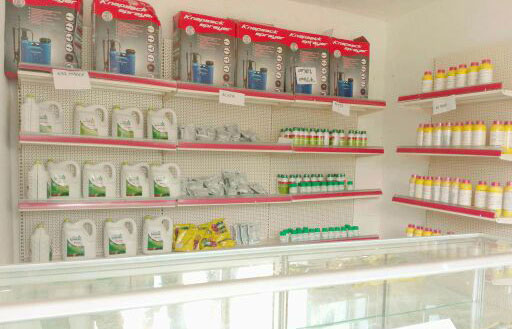
Fortune News | Jun 29,2019
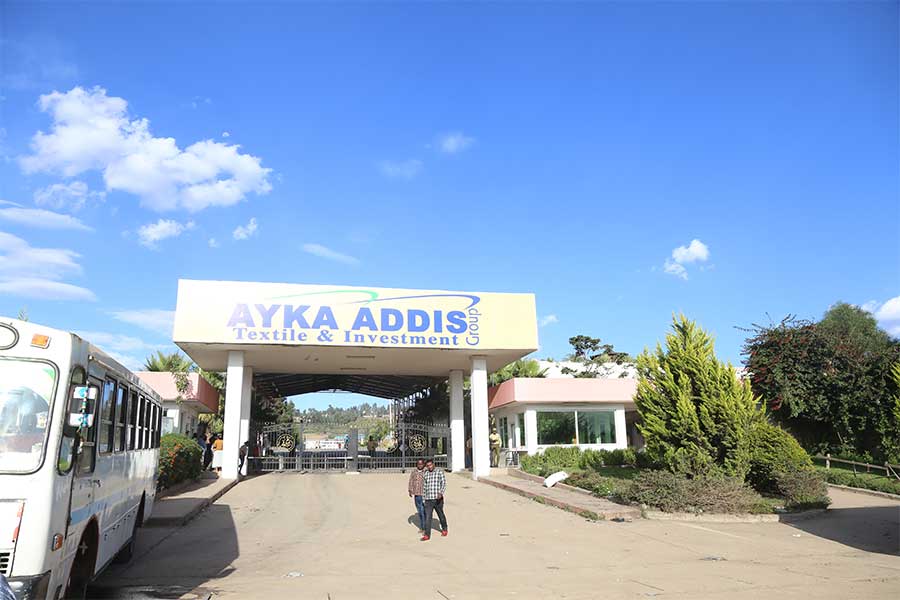
Fortune News | Jan 05,2020
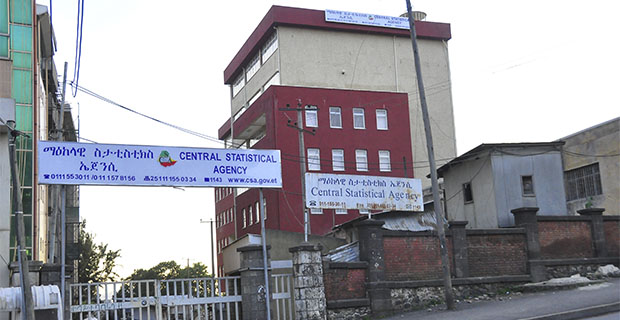
Fortune News | Dec 27,2018
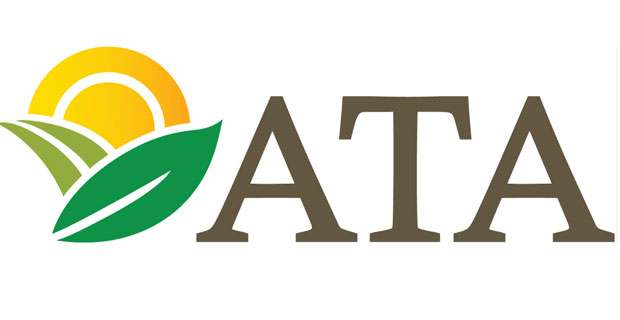
Fortune News | Feb 23,2019
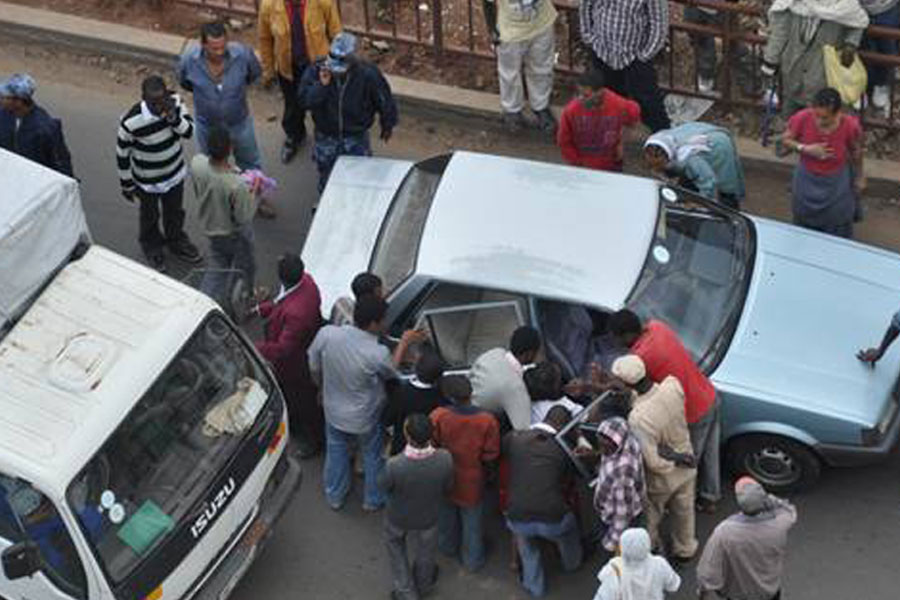
Fortune News | Dec 25,2021

Radar | Nov 21,2018

Dec 22 , 2024 . By TIZITA SHEWAFERAW
Charged with transforming colossal state-owned enterprises into modern and competitiv...

Aug 18 , 2024 . By AKSAH ITALO
Although predictable Yonas Zerihun's job in the ride-hailing service is not immune to...

Jul 28 , 2024 . By TIZITA SHEWAFERAW
Unhabitual, perhaps too many, Samuel Gebreyohannes, 38, used to occasionally enjoy a couple of beers at breakfast. However, he recently swit...

Jul 13 , 2024 . By AKSAH ITALO
Investors who rely on tractors, trucks, and field vehicles for commuting, transporting commodities, and f...

Oct 25 , 2025
The regulatory machinery is on overdrive. In only two years, no fewer than 35 new pro...

Oct 18 , 2025
The political establishment, notably the ruling party and its top brass, has become p...

Oct 11 , 2025
Ladislas Farago, a roving Associated Press (AP) correspondent, arrived in Ethiopia in...

Oct 4 , 2025
Eyob Tekalegn (PhD) had been in the Governor's chair for only weeks when, on Septembe...